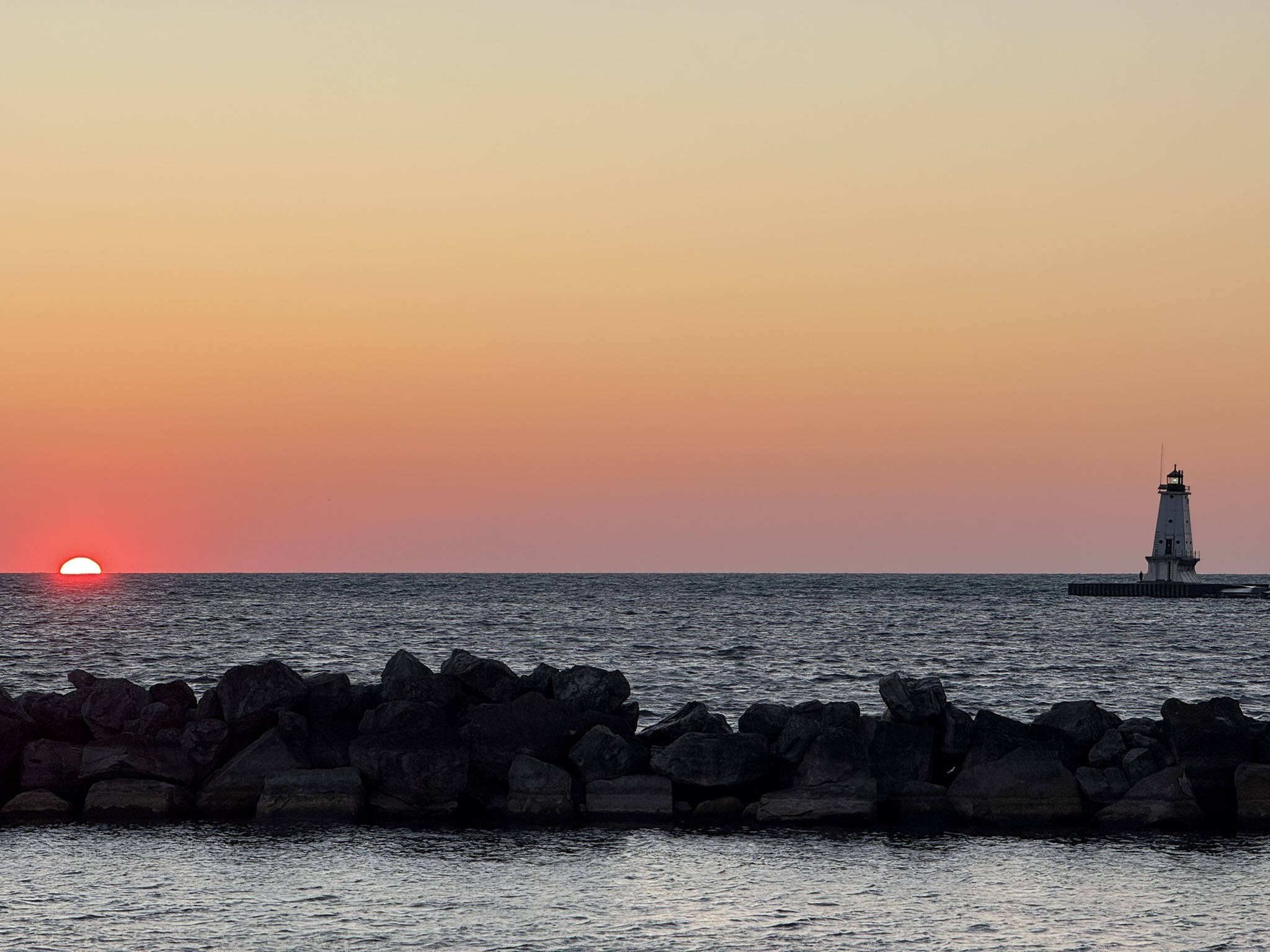How could I not write about the bicentennial of my adopted home of Indianapolis? What a year for a 200th birthday. Indy, you don’t look a day over 190.
As much of a struggle this year has been, it’s hardly the worst thing Indianapolis has endured since 1820. The Civil War, 1918 and 1919 pandemics, the KKK, and the Great Depression all leap to mind.
To be sure, Indianapolis is one of America’s most promising cities. At this juncture of almost nothing, Indianapolis was established. No major roads, railways, or rivers existed at the founding of our city, not beyond the White River and the nub of Fall Creek. The National Road, Meridian Street, Michigan Road, rail lines, and airways were yet to be built. And so we did.
Indy’s proud position as the “Crossroads of America” gets derided by some as a “place you go through to get somewhere else”, but for much of our history, Indy moved more trains and more people than just about anywhere else outside Philadelphia and New York.
Once we were the gateway to the west. Among the first regiments to send troops by Lincoln’s side in the Civil War. We had the first plant to produce sliced bacon. Kurt Vonnegut. The first Union Station. Madame Walker. The Gatling gun. David Letterman. And of course, the 500-mile race.
Perhaps more than any other, Eli Lilly helped put Indianapolis on the map, and much of our city’s modern growth, arts, and culture is owed to the work of the Colonel.
Our first libraries, sewer systems and drains, universities like Butler, and public schools have given way to many changes. But their impacts from the 19th century are still felt today. We have all been enlarged by the decisions and work done by our forefathers and foremothers. Make no mistake: our futures are joined with theirs.
Cities are much more than just financial centers or where we work. Indianapolis is where Indiana comes to wine and dine and enjoy culture and the arts. Indianapolis is our government seat, our meeting place, our provenience of vital medical and educational centers, and our originator of ideas. Our whole way of life in Indiana depends on Indianapolis.
We wax nostalgic about small towns and build suburbs on top of suburbs. But the great source of American history and strength, culture, wealth, and opportunity, is in cities like Indianapolis.
We can not escape or ignore the troubles Indianapolis faces — or any city. We can not cling to mere hope problems will just go away or resolve themselves. What to do about violent crime, hunger and suffering, homelessness, the degradation of the poorest among us? To say nothing about the health and survival of us all amid COVID-19, financial calamity, and who knows what else.
For much of our history, cities led the way in America in how to solve the terrible problems of our humanity. Partnerships with universities, grants, and stark examinations of the issues as they are, not as we think they are, have paid dividends over the years. We’ve tamed past pandemics and illness by pursuing, at considerable cost, infrastructure and critical medical pursuits.
All of this begins with understanding our history. America would do well to understand that as a whole. Our plunge into Vietnam or Afghanistan without understanding its history has shown us that. Locally, what is our history with alcohol and drug addiction, community response to epidemics, or violent crime? Even Dillinger’s father thought Indianapolis was corrupting his son, prompting them to move to Mooresville.
More recently, the pursuit of highways and other destructive construction marches through parts of our city without much understanding for the history of a neighborhood because their importance is not understood. You have to know what people have been through to know what people want and what they don’t want. What people have been through is what we call history, and Indianapolis has 200 years of it.
The opportunities for Indianapolis are at once boundless and seemingly in peril. But the work this city has done for the advancements of innovation, science, medicine, law, and the arts has become so valuable.
Let’s do the kind of work now so people 200 years from now will think of us as kind, generous, and the right people at the right time. Let’s be sure they know we had the courage of convictions to do hard things. Our present was joined with those who came before us. The destiny of millions is joined with us today.
We must ensure that in 200 years, the residents of Indianapolis will look upon us in history and say, “It’s good that they were there, and despite the problems of their day, we’re all the better off for it.”



